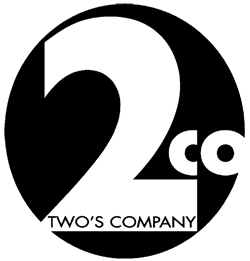About Us - a brief introduction
FORGOTTEN VOICES FROM THE GREAT WAR
The story started with a quickly-mounted production of Black ‘Ell by Miles Malleson, directed by Tricia Thorns at the Soho Theatre. Wishing to join the swelling protests against the US/UK invasion of Iraq in 2003, we staged this play about a young officer returning from the front, decorated for bravery but traumatised by his experience and refusing to go back. We felt that this cry of pain and rage written in 1916 expressed better than anything the folly of starting another war.
Black ‘Ell was revived at the Pleasance Theatre, London, along with two other short plays, D’ Company by Miles Malleson, directed by Ian Talbot, and Brigade Exchange by Ernst Johannsen, directed by Tricia Thorns, to be the first in a series of plays about the First World War, written during the War or soon afterwards. Forgotten Voices from the Great War was well received in the press:
Shining a torch into this dark, neglected corner of theatrical history, the enterprising Two’s Company now present a fascinating triple bill…
Paul Taylor, The Independent
![]()
…a revelatory evening … Each contains almost unbearable moments, obviously written from inside the experience. …it’s to director Tricia Thorns’ credit that mute domestic moments, such as a father losing his specs when he’s handed a telegram, are charged with emotional weight. These discoveries do credit to Fringe theatre.
Susannah Clapp, The Observer
![]()

WHAT THE WOMEN DID

The next in the Forgotten Voices series was What The Women Did at Southwark Playhouse, another triple bill of Luck of War by Gwen John, Handmaidens of Death by Herbert Tremaine, both directed by Tricia Thorns, and The Old Lady Shows Her Medals by J.M. Barrie, directed by Ian Talbot. This time the company was funded by the Arts Council. This season too was warmly received, and sold out.
One of last year’s great discoveries was a furious trilogy of forgotten plays from the first world war. Now the same team follows it up with another neglected great war threesome. … What comes across most strongly, in Tricia Thorns’ production, is something rarely touched on: the sexual ache of the wartime young and their hatred of war-widows who remarried.
Michael Billington, The Guardian

In these delicately contrasting stories and the exquisitely detailed productions each have been given, a compelling picture emerges of women facing their own demons and responsibilities in the midst of a very bleak time… the intimate, expertly acted ensemble productions of Tricia Thorns and Ian Talbot.
Mark Shenton, The Stage
![]()
RED NIGHT
This series concluded with a full-length play, Red Night by James Lansdale Hodson, directed by Tricia Thorns, at the Finborough Theatre.
Written in 1936, James Lansdale Hodson’s Red Night has inevitably been overshadowed by Journey’s End. But revived now by Tricia Thorns in the sequence of Forgotten Voices from the Great War, it seems no less moving than Sherriff’s play in its hellish vision of trench warfare and the horrors suffered by the ordinary, common infantryman.
Thorns’s production manoeuvres a cast of 10 with great skill around the tiny Finborough stage and complements the action with sardonic Great War songs.
Michael Billington, The Guardian
Bright young men going to pointless First World War deaths with their dulce et decorum still intact never fails to be a potent dramatic topic. … Director Tricia Thorns creates a strong sense of camaraderie underscored by mortal danger.
Fiona Mountford, Evening Standard
![]()
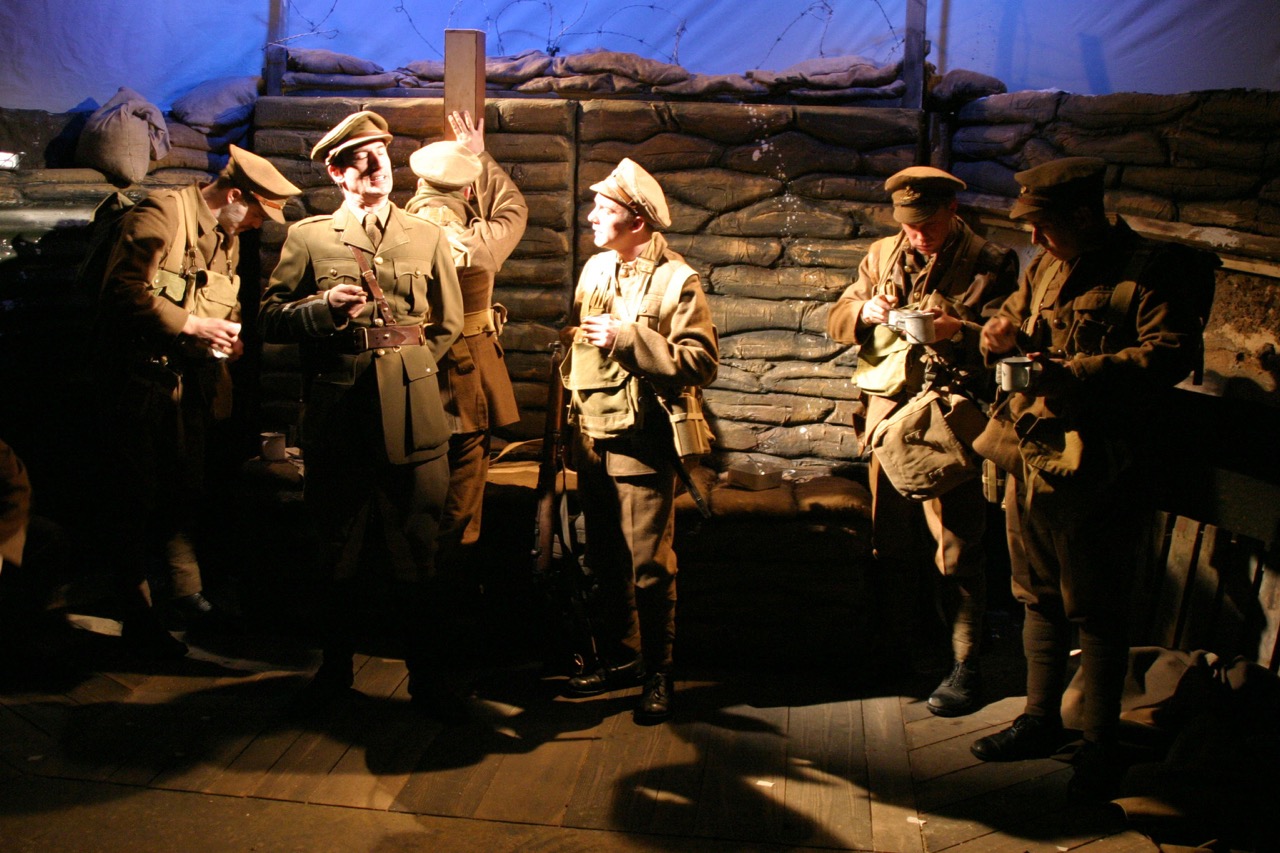
MY REAL WAR 1914-?

A coda to the series was My Real War 1914-?, adapted by Tricia Thorns from the letters home of Lt. Havilland le Mesurier, a young officer killed in 1916. It toured twice in 2007 and was revived in 2009 for a run at the Trafalgar Studios in London.
This deeply moving one-man show illuminates the horrors of the First World War as vividly as the poems of Wilfred Owen and Siegfried Sassoon.
Charles Spencer, Daily Telegraph
![]()
A vivid and touching account of what it was like to be young and have everything to live for in a time of war.
Lyn Gardner, The Guardian
EX
The company broke new ground with the next project: Ex, a new play with songs by Rob Young, music by Ross Lorraine, which premiered at the Soho Theatre in November 2011.
It’s good to see a subsidised theatre supporting that rare creature, the new British musical. Ex takes the route of recent Fringe successes and strips everything back to basics, employing just one onstage piano to accompany the four actors. Rob Young’s script has its sassy moments and Ross Lorraine’s score its catchy numbers… Tricia Thorns’s production boasts a cherishable tap routine, and the quartet makes a lovely noise as a four.
Fiona Mountford, Evening Standard
![]()
A treat for Musical Theatre lovers.
MusicalStages.co.uk

LONDON WALL
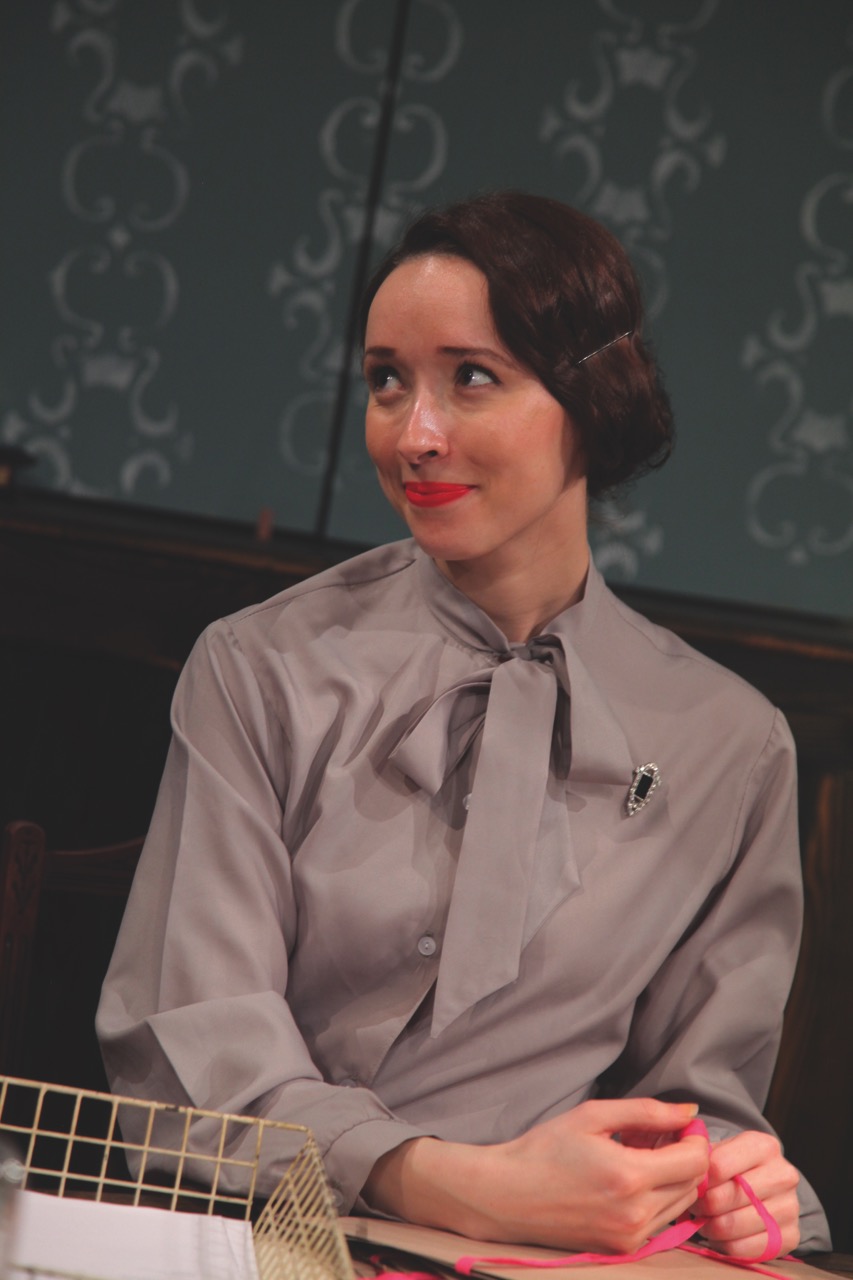
Next came another rediscovery, though this time written and set in 1931 – London Wall by John Van Druten. After a sell-out run at the Finborough Theatre in January 2013 it transferred to the St James Theatre in May, where it continued to be greeted with 4- and 5-star reviews:
From “The Apartment” to “Sex and the City” and beyond, writers have created trenchant comedy combining dramas of office life with sex and the single girl. It’s a delight, therefore, to discover that one of the sharpest in the genre dates from 1931. Unearthing John Van Druten’s forgotten London Wall would have been enough, but helmer Tricia Thorns’ goes one better. Her beautifully judged, immaculately acted revival isn’t just theatrical archeology, it’s a treat.
David Benedict, Variety

It still has pertinent things to say about the exploitation of women, and is rivetingly entertaining … It helps that Tricia Thorns’ production for Two’s Company is brilliantly designed by Alex Marker and excellently cast.
Michael Billington, The Guardian
WHAT THE WOMEN DID
As so much of the company’s work reflected the First World War, it seemed appropriate for the 2014 production to be a revival of What The Women Did, this time in Southwark Playhouse’s new 200-seat theatre. This production too was supported by Arts Council England.
There’s some wonderfully succinct writing here and each piece complements the others, offering refreshing insight into what British women had to deal with…. Tightly and fluidly directed by Tricia Thorns, with an excellent, versatile set of men-less homes from Alex Marker, this is a complex and funny evening. It’s a snapshot of some of the unlikely issues faced by women during that brutal conflict, which still speak to us today, 100 years on.
Daisy Bowie-Sell, Time Out

The Barrie play is a real jewel, witty, pacy and with a fine astringent edge… The Handmaidens of Death is daring both in its examination of female sexuality and its strong intimation that our enemies are just like us.
Jane Shilling, Daily Telegraph
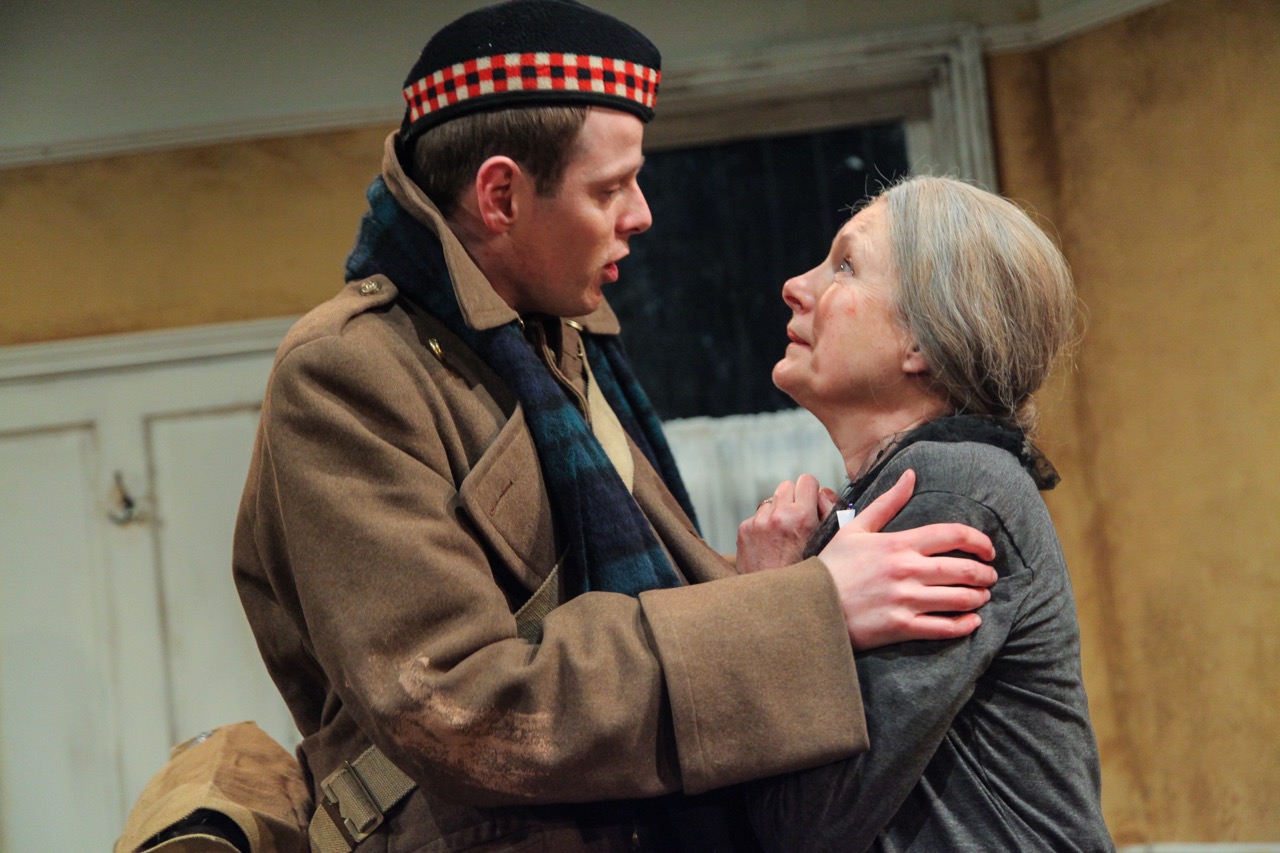
THE CUTTING OF THE CLOTH
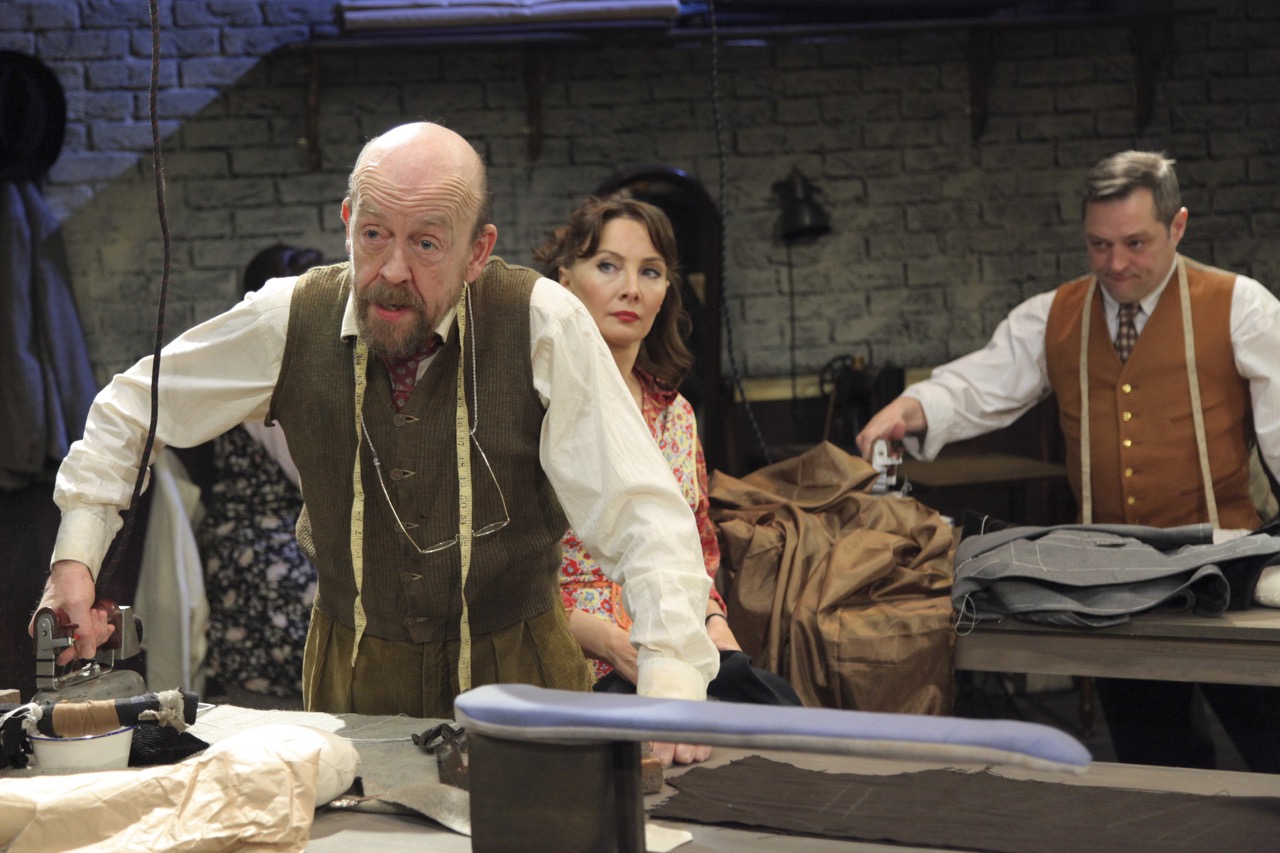
Returning to more recent times, the next was a play written in 1973 but never performed till 2015 – The Cutting of the Cloth by Michael Hastings. Set in the work-room of a Savile Row tailors in 1953, it was based on the youthful experience of the author, who went on to write such plays as Tom and Viv. Its Southwark Playhouse run was again supported by Arts Council England, and as usual received 4-star reviews across the board:
A production so exact you can smell it. The thrill is in the documentary detail, marvellously realised in Tricia Thorns’ terrific production.
Susannah Clapp, The Observer
Suffused with emotional truth…This finely constructed play about life on Savile Row feels like a loving evocation of Fifties London but is still resonant today.
Henry Hitchings, Evening Standard
![]()
Having waited over 60 years for a production, it could not have hoped for a better one than Tricia Thorns’, which rings with authenticity and is immaculately played by a cast led by Andy de la Tour.
Michael Arditti, Sunday Express
![]()
The production also received five Off-West-End Award (Offies) nominations: Best Male Actor (Andy de la Tour), Best Set Design (Alex Marker), Best Costume Design (Emily Stuart), Best Lighting Design (Neill Brinkworth) and Best Director (Tricia Thorns).
THE FIFTH COLUMN
The company enjoys returning to Southwark Playhouse and secured Ernest Hemingway’s only play, The Fifth Column, presenting it for the first time in England. Set in the Spanish Civil War, it was written in 1937 in Madrid when Hemingway was there as a war correspondent, and describes life there in first-hand detail. It naturally created a lot of interest. Critics were divided about the play itself, but the production was universally praised:
Hemingway’s writing retains its stark brutality, it’s often very funny and, thanks to a lively production from Tricia Thorns and a more-than-able cast, it’s occasionally rollicking good fun.
Chris Bennion, Daily Telegraph
Director Tricia Thorns navigates the play’s uneven terrain admirably, keeping every scene tightly focused … Stylish and entertaining, the production is a fine evocation of a fascinating period. The plays’ real achievement, conscious or not, is in foregrounding the complicated intersections of the political and the personal which underpin any conflict.
Dave Fargnoli, Exeunt Magazine
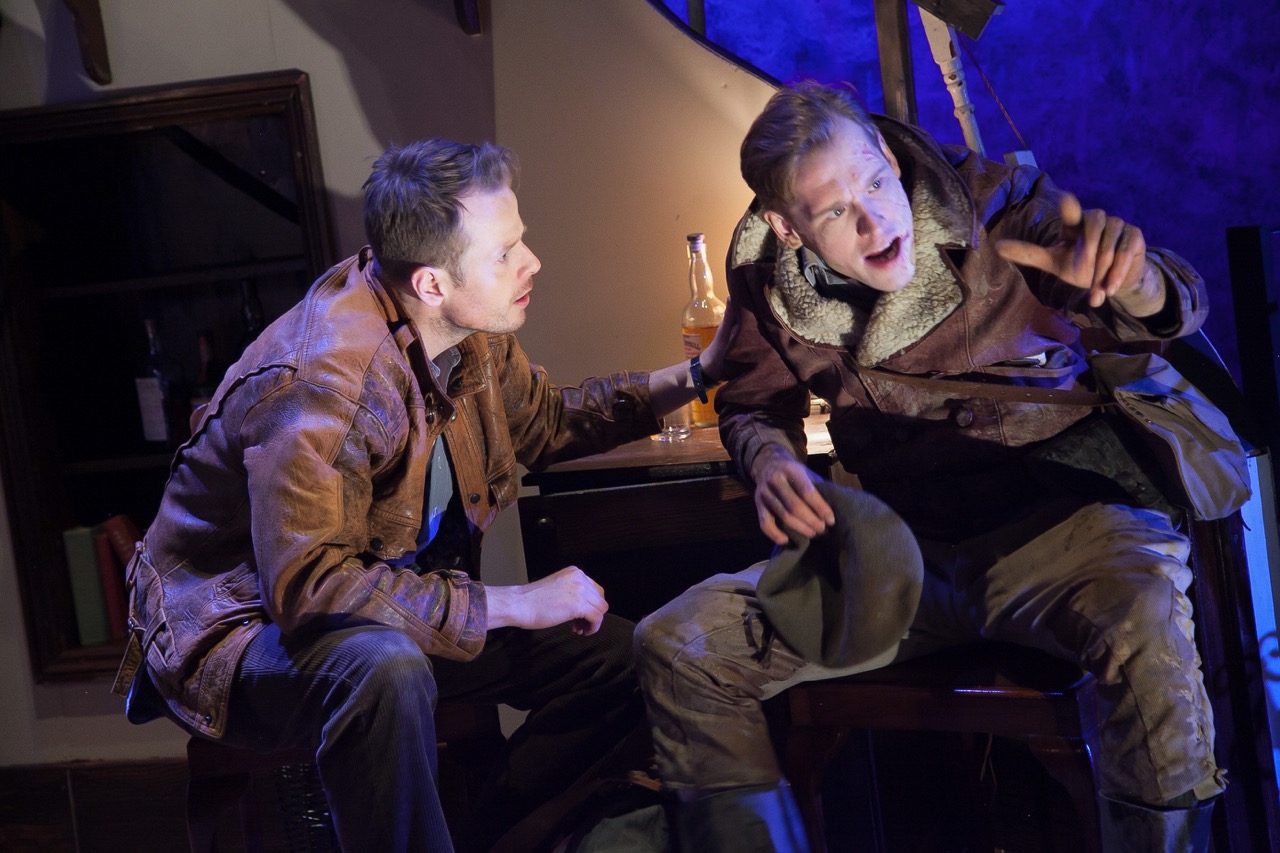
Graham Cowley is a theatre producer. His career has spanned the full range of theatre production, from small fringe companies to major West End shows and large-scale tours. Much of his work has been with new plays, including many years managing the Royal Court, the Half Moon, Joint Stock and Out of Joint.
Ian Talbot OBE resumed his freelance career after 20 years as Artistic Director of the Open Air Theatre, Regent’s Park. He recently directed Lend Me A Tenor in the West End, Dead Sheep at the Park Theatre and the new musical Eugenius! at the Other Palace.
Tricia Thorns has been a professional actress for some 35 years, with a wide career in theatre, film and TV – she and Ian met in the company of Run for your Wife in the West End – and more recently director.
